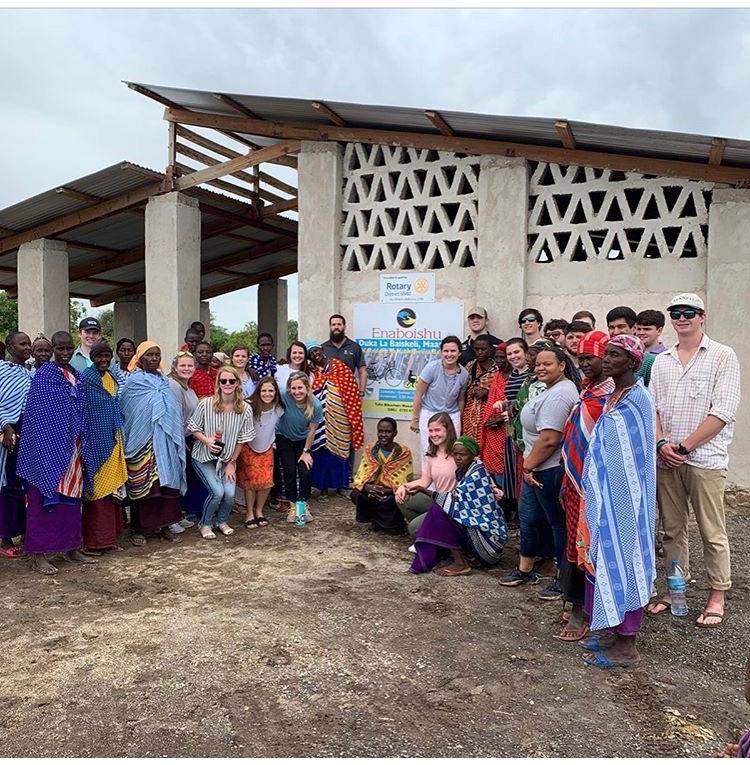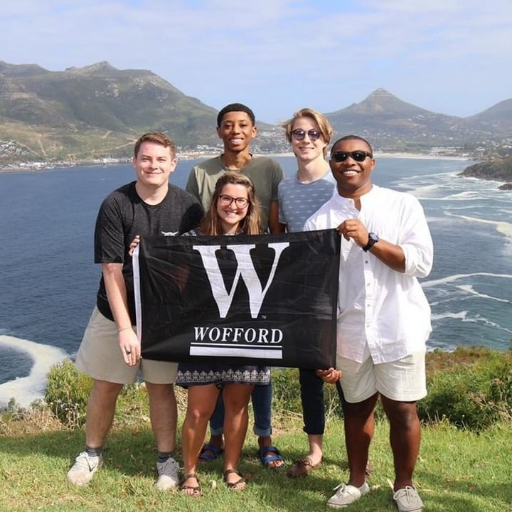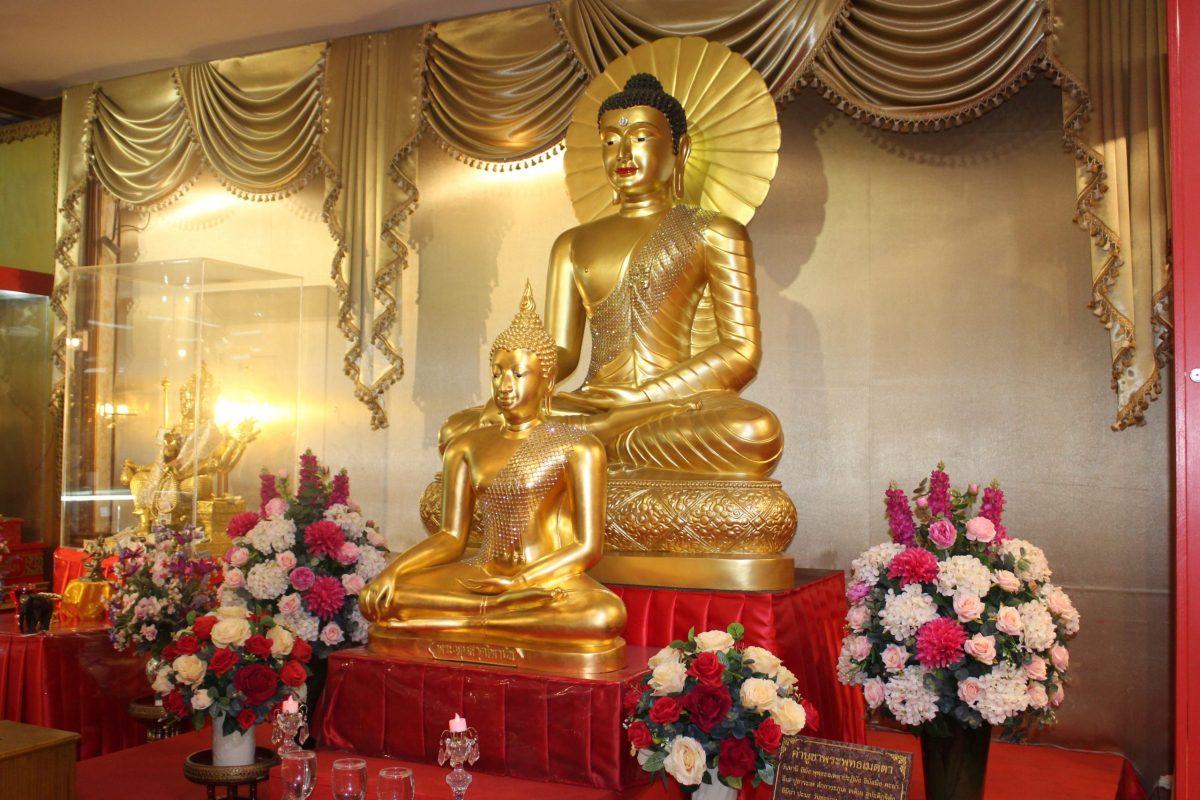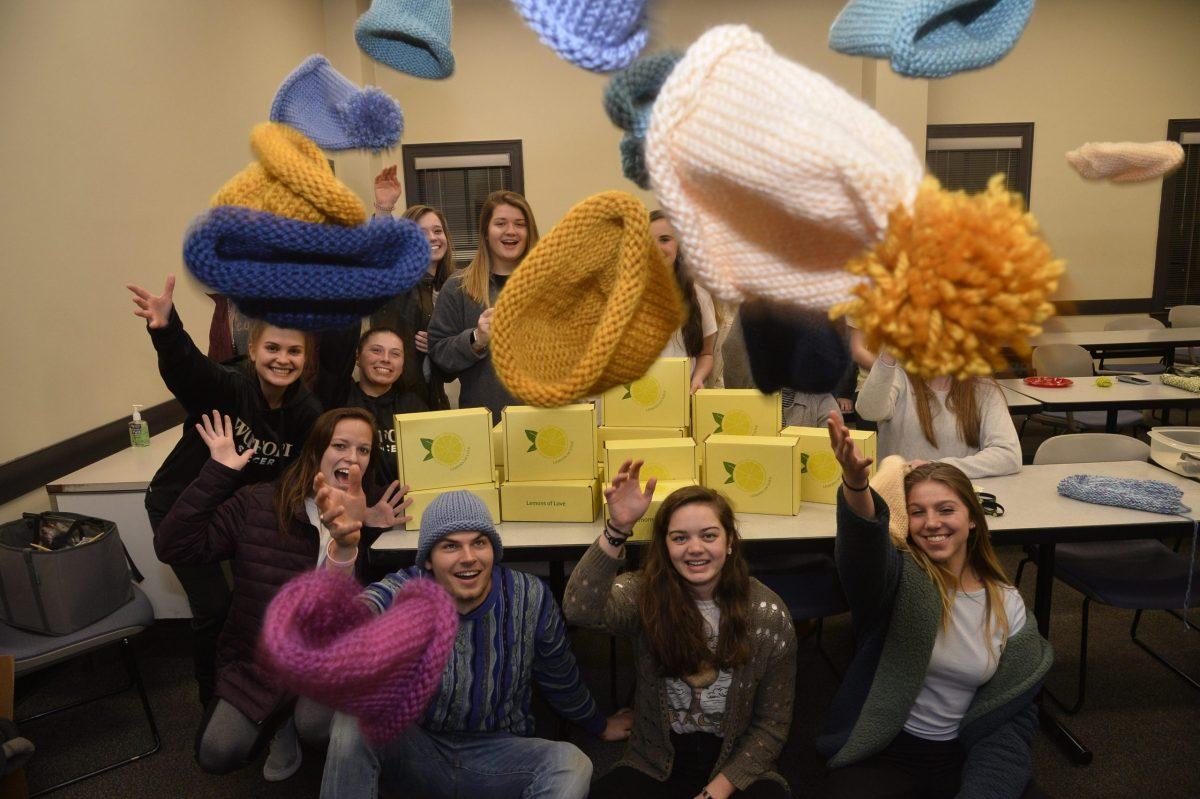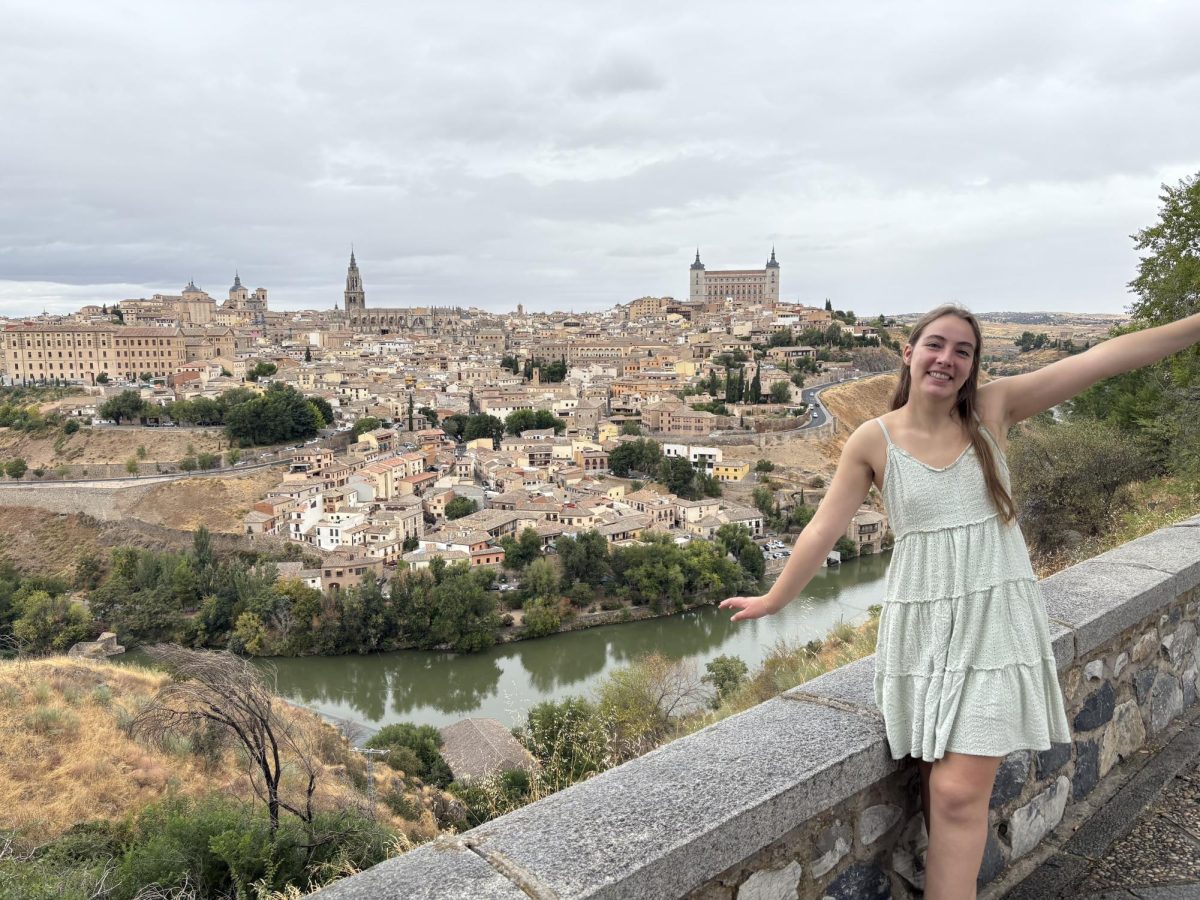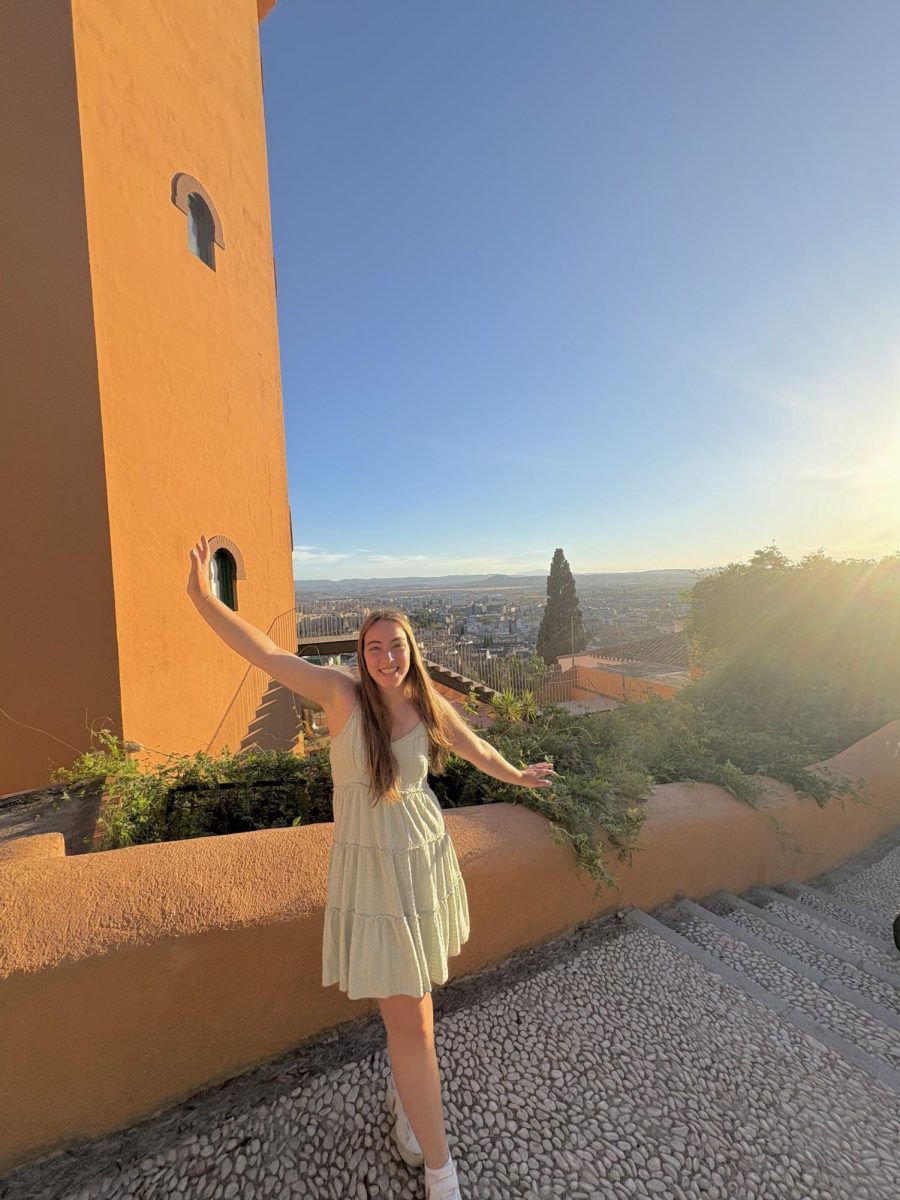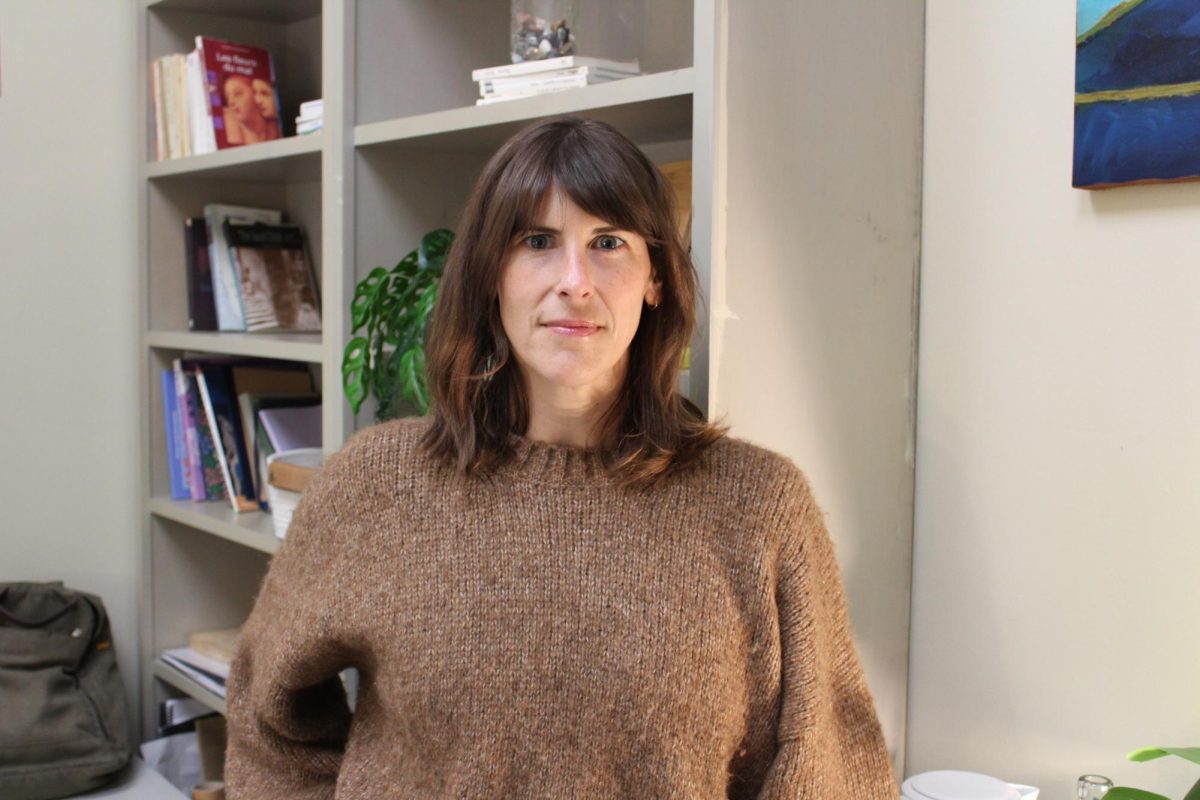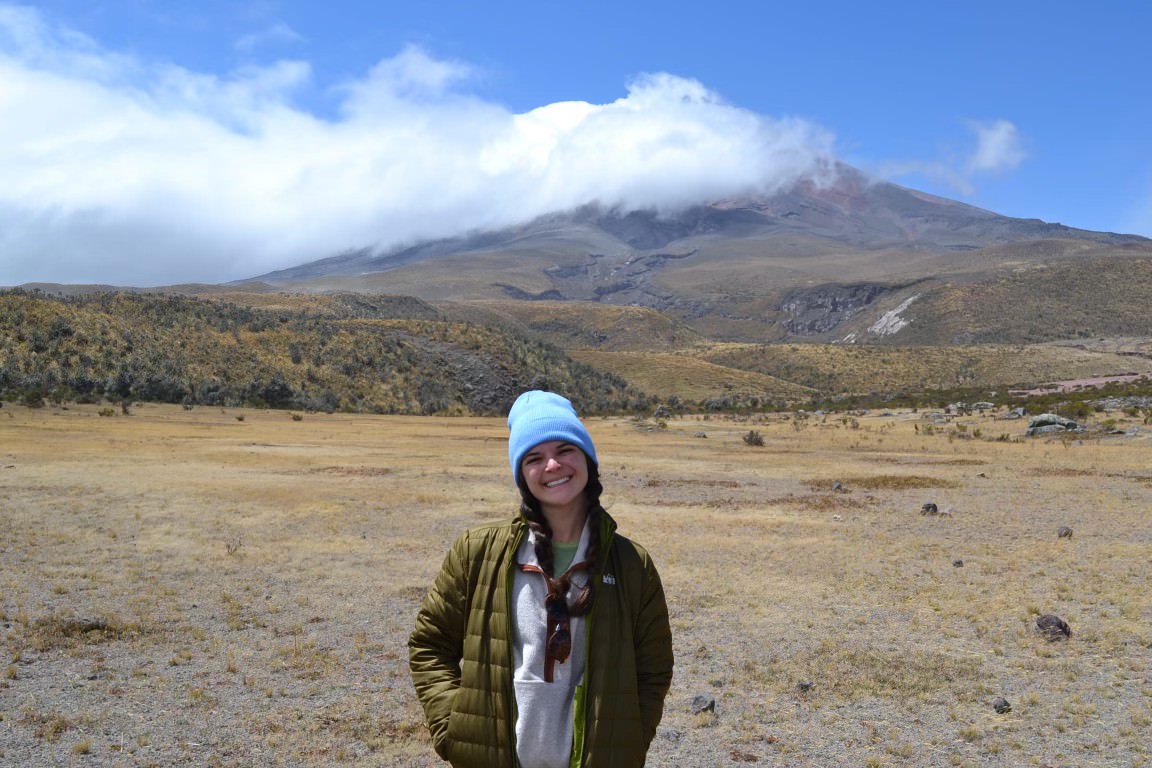A reflection on the Interim trip to Tanzania
Often times, it is easy to describe other countries and cultures through the narrative of a single story. According to Chimamanda Ngozi Adichie, a female author from Nigeria, single stories are the generalizations and false perceptions that we form about other people and countries.
The first time that I was exposed to Africa through the UNICEF commercials that would come on in between early morning cartoons. The dusty terrains, skinny arms of children with big bellies and images of men and women crying created my single story for Africa. When reflecting on my personal goals before embarking on the daunting 48 hour trip from Spartanburg to Tanzania, I hoped to understand the authentic Tanzanian culture and see how life in Tanzania differed from life in the United States.
As the airplane flew over Moshi, Tanzania, I was mesmerized by the bright green landscape dotted with trees and sparkling tin roofs. On the bus ride to the hotel, I looked out of the bus window to see people dressed in bright colors, children watching herds of goats and cows and miles of golden sunflower patches that grew along the roadside. This was a much different landscape than the dusty and dry image of Africa that I had in my head.
The most impactful experience I had in Tanzania was visiting Silver Leaf Academy, a rainbow painted elementary school in Arusha, dedicated to the cultivation of curiosity in children and transforming the educational system in Tanzania. After our visit, we had the privilege of talking with the school’s founder, Krupa.. The collage of world leaders, like Nelson Mandela, Barack Obama, Martin Luther King Jr., Maya Angelou, the Dalai Lama and Gandhi reflect her call to be an agent for change.
While talking about empowering the people of Tanzania, she stated: “People do not need others to make solutions for them. They need the tools and resources that will empower them to make their own solutions.” Talking with Krupa made me realize that anyone, no matter their age, country of origin, , or education level, has the ability to make a difference with the right resources and a little “kanju,” the African phrase for innovation. I left the Tanzania Interim with stories of laughing with children in a Massa village, learning how to make coffee alongside a local farmer, driving across the Serengeti and meeting local community leaders who shared with us how they are empowering farmers, women, people with disabilities and children through creativity and, of course, “Kanju.”





























